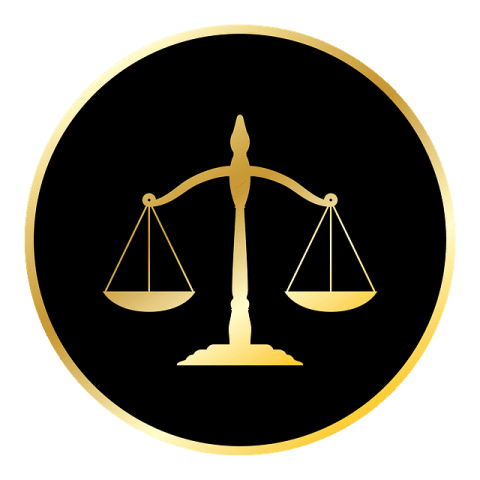
The Global Legal Lexicon is committed to clarity, accuracy, and accessibility in Labor & Employment Law. The platform is not just a collection of terms; it is a symposium of legal knowledge, a bridge between diverse legal cultures and systems. It caters to the needs of those seeking a quick legal reference, as well as those embarking on an in-depth exploration of legal concepts. The lexicon evolves constantly, mirroring the dynamic nature of law itself, ensuring that it remains an up-to-date and reliable resource.














